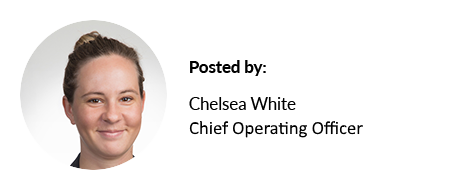Risks associated with isolated engagement
Over the last year I’ve seen a shift in the reason clients come to us. In our early days, Consultation Manager was used for short term project engagement and while this is still very much the case, businesses are now starting to recognise the risks in isolated project engagement. The shift I’m talking about is toward organisation-wide knowledge.
[Side note: I’ll be speaking about this at the national Community Engagement Summit]
I’ve worked with a multitude of clients that conduct best practise engagement on 10s, if not 100s of projects – but they all had a key inefficiency – they all had to start from scratch. Every. Single. Time. Discovering who you are going to engage with is one of the very first steps practitioners take when planning projects. This takes time and typically monetary investment through consultants, workshops or technology. Imagine if your business is conducting 10 projects at any one time and each project is going through the same process…how much time and money would that cost your business? Now imagine that of those 10 projects, 5 are overlapping. As the communication effort is duplicated across project teams, so is the cost to your business. The ripples of this kind of activity spans much greater than cost inefficiency, and has an effect on both your internal and external stakeholders.
Factors affecting your internal stakeholders:
- Going blind into new projects
- Having to rediscover who stakeholders are
- Inconsistent messaging to community or key stakeholders
- Inefficient data sharing practises
- Inability to efficiently report
- Gaps in information or “richness of data”
It’s incredible to think that every two days we create the same volume of data as we did from the dawn of time through to 2003 (Eric Schmidt, whilst Google CEO). What this means for your stakeholders is that they have more data to consume across more channels than ever before. They are resourceful and they expect companies to communicate. Any whiff of inconsistent messaging or duplication of engagement (you mean I have to fill out ANOTHER survey!) and this can significantly affect ongoing sentiment.
If you don’t take my word for it, take our 100+ Enterprise clients’ who are changing how knowledge is shared across their businesses. Take the plunge and move towards an organisation-wide solution.

RELATED READING
COO Chats: Data, cost per wear
Notes from the CEO: Data, data, everywhere!
Notes from the CEO: Why go cloud?
Community Engagement Vs Stakeholder Engagement: What’s the difference?
Keep your Database, CRM and Contact Lists Clean With These 8 Tips

